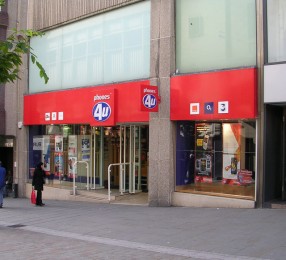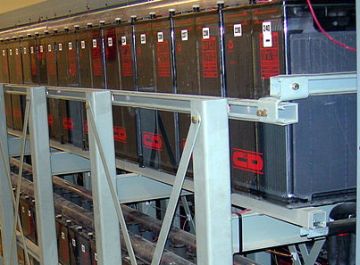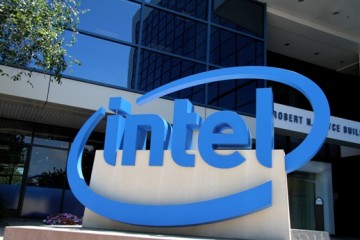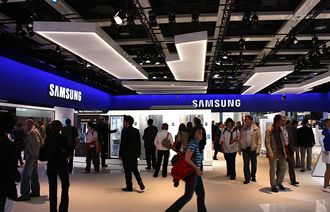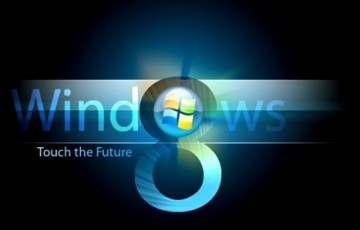 Cloud providers must look at offering robust security options to ensure they stay ahead of the game, Gartner said.
Cloud providers must look at offering robust security options to ensure they stay ahead of the game, Gartner said.
Rubbing its crystal ball, the analyst company has gone as far to say the US government could declare cloud services as a critical national infrastructure, as a result of expanding public clouds, along with the ever-persistent threat on private and public sectors’ infrastructures.
It said that in the future this could mean that future network security is based increasingly on virtual security appliances.
By 2016, Gartner said public cloud infrastructure will include and be mandated to critical national infrastructure regulations by the US. It said that this is a result of the economic downturn, with governments continuing to sniff out ways to reduce their IT operating expenditures, eliminate duplication across their IT organisations and optimise their compute resources, making cloud deployments an attractive option.
Apparently several key governments have created initiatives for the adoption of cloud-based services, however, Gartner pointed out that they are yet to see any negative impacts from the technology. Disruptions, brought around by attacks on cloud service providers, were minimal.
By 2015, 10 percent of overall IT security enterprise product capabilities will be delivered in the cloud.
However, Gartner warned that as the economy becomes more dependent on the cloud, the threats against these networks would grow, eventually impacting national security.
The company is advising security providers to prepare their technologies to address potential mandates for critical infrastructure protection of public cloud environments.
It warned that those who lag behind with their security could face difficult sales and be squeezed out of the market by cloud providers who had threat management processes in place.
Growth rates for cloud-based security services are set to overtake those of traditional on-premises security equipment over the next three years with operational cost reduction, flexibility of deployment across multiple IT environments, and fast implementation and product updates among major factors driving demand.
Gartner also pointed out that as cloud matures, security offerings will also evolve, with data loss prevention, encryption and authentication all becoming must-have services offered alongside the cloud.
As new players establish themselves with innovative offerings, existing companies will look to acquire them to expand their portfolios with new capabilities and remain competitive.

